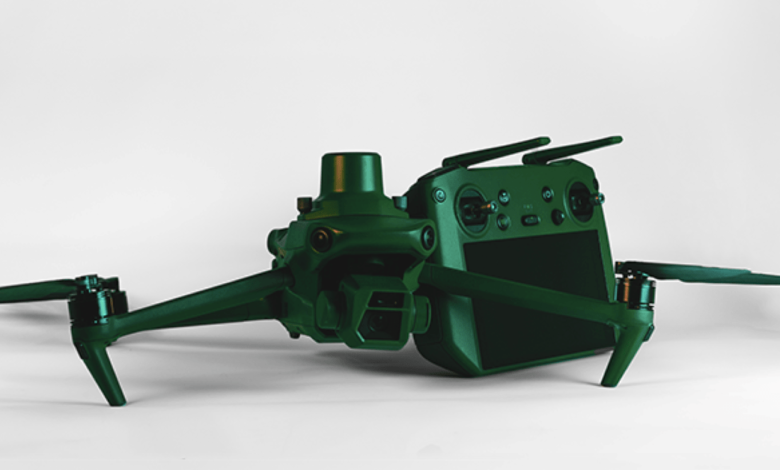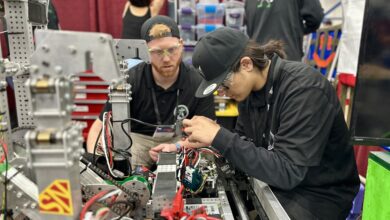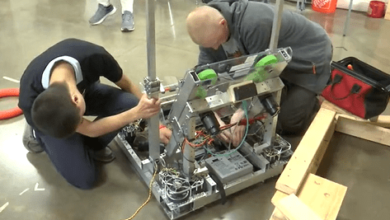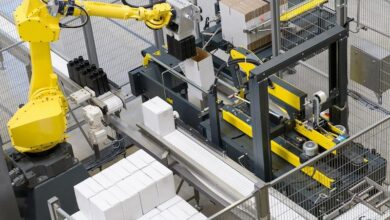Has DJI found a way to beat US drone ban?

Texas-based Anzu Robotics has announced its entrance into the US drone market with the launch of Raptor and Raptor T industrial aircraft. These drones have all the qualities of a great DJI alternative because they have been developed through a strategic licensing agreement with DJI itself but in a way that satisfies key geopolitical and cybersecurity concerns for most enterprise and public safety users.
The crucial thing to know is that Anzu’s drones are based on the DJI Mavic 3 Enterprise platform. Meaning, you get a 4/3 CMOS sensor 20 MP wide-angle camera with a 56x hybrid zoom camera for 12MP images in the Raptor. And the Raptor T combines 1/2-inch 48MP and 12MP cameras with a 640×512 high-resolution LWIR thermal imaging payload, also with 56x hybrid zoom capabilities. Both drones come with 45 minutes of flight time, a 9-mile range, and an optional RTK module accessory. Raptor is priced at $5,100 while Raptor T will sell for $7,600.
A DJI drone that’s not made in China?
Anzu has basically done a technology transfer deal with DJI that allows it to leverage all the hardware specs and engineering innovation that users love. However, the software driving these drones is entirely developed in the US through a collaboration with Aloft Technologies, a company known for its work with the Federal Aviation Administration (FAA) in flight planning and airspace restriction information app B4UFLY. Aloft also powers more than two-thirds of all LAANC authorizations in the US.
To distance itself further from China-related trade and geopolitical tensions, nearly all of the components and final assembly of Raptor drones are done in Malaysia. The completed drone hardware is then sent to Anzu’s Austin facility where firmware is installed and quality control measures are conducted.
Instead of DJI’s flight app, Raptor drones are powered by the Aloft Air Control app in compliance with the Federal Aviation Administration’s regulations on the use of the National Airspace System. And with Aloft as its development partner, pre-flight checklists that ensure safe and legal flights, instant LAANC authorization, and other vital fleet and pilot management capabilities are already built into the system.
All data captured by the drones is stored locally on the SD card of the drone itself, minimizing the risk of unauthorized access during transmission. Additionally, all flight data stored by Aloft is encrypted in transit and at rest using AES-256 encryption, a robust security standard that ensures confidentiality and integrity of data.
“These platforms meet the highest standards of quality, reliability, and innovation,” says Randall Warnas, CEO of Anzu Robotics. “With our strategic manufacturing and software development partnerships and commitment to security, transparency, and performance, we are confident that our drones will meet the diverse needs of public safety agencies and industries across the country.”
Aloft Technologies founder and CEO Jon Hegranes is quick to add that the companies have prioritized the integrity and security of customer data above all. “Powered by Aloft’s cutting-edge software and hosted on our secure, domestic servers, we ensure that every flight captured, every piece of data collected, and every decision made is underpinned by the highest standards of data protection and privacy,” says Hegranes.
If you are looking for an affordable DJI alternative in light of a potential federal ban, hop over to Anzu Robotics to learn more about the Raptor series.
Read: DJI bringing 4K camera to Mini 2 SE drone?
FTC: We use income earning auto affiliate links. More.



